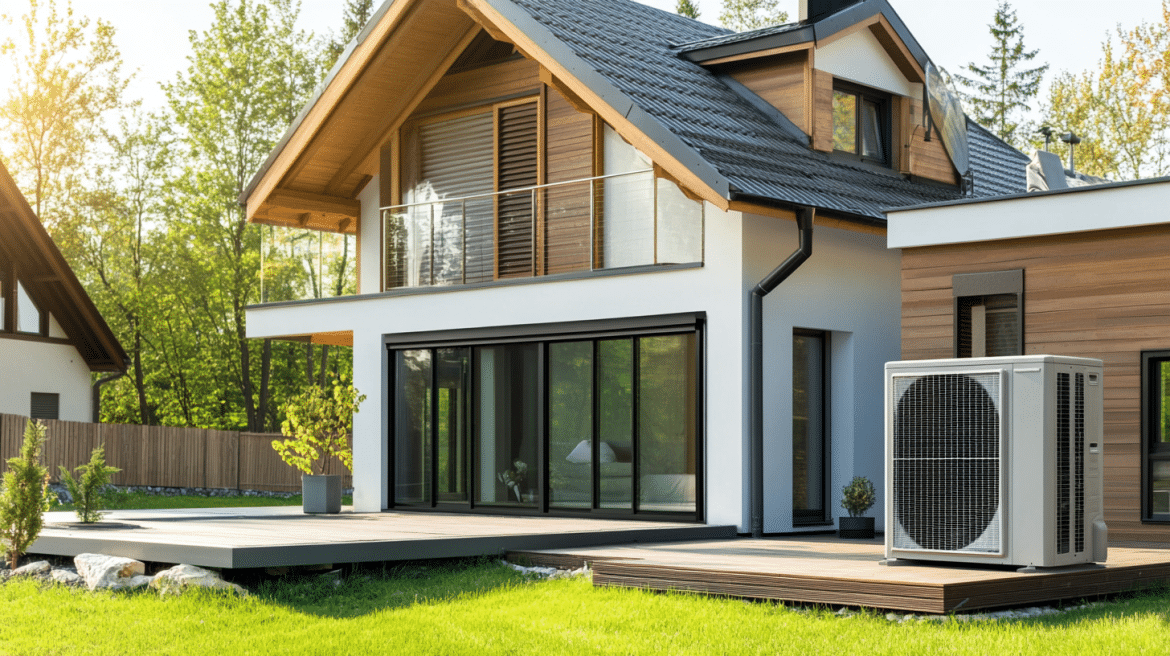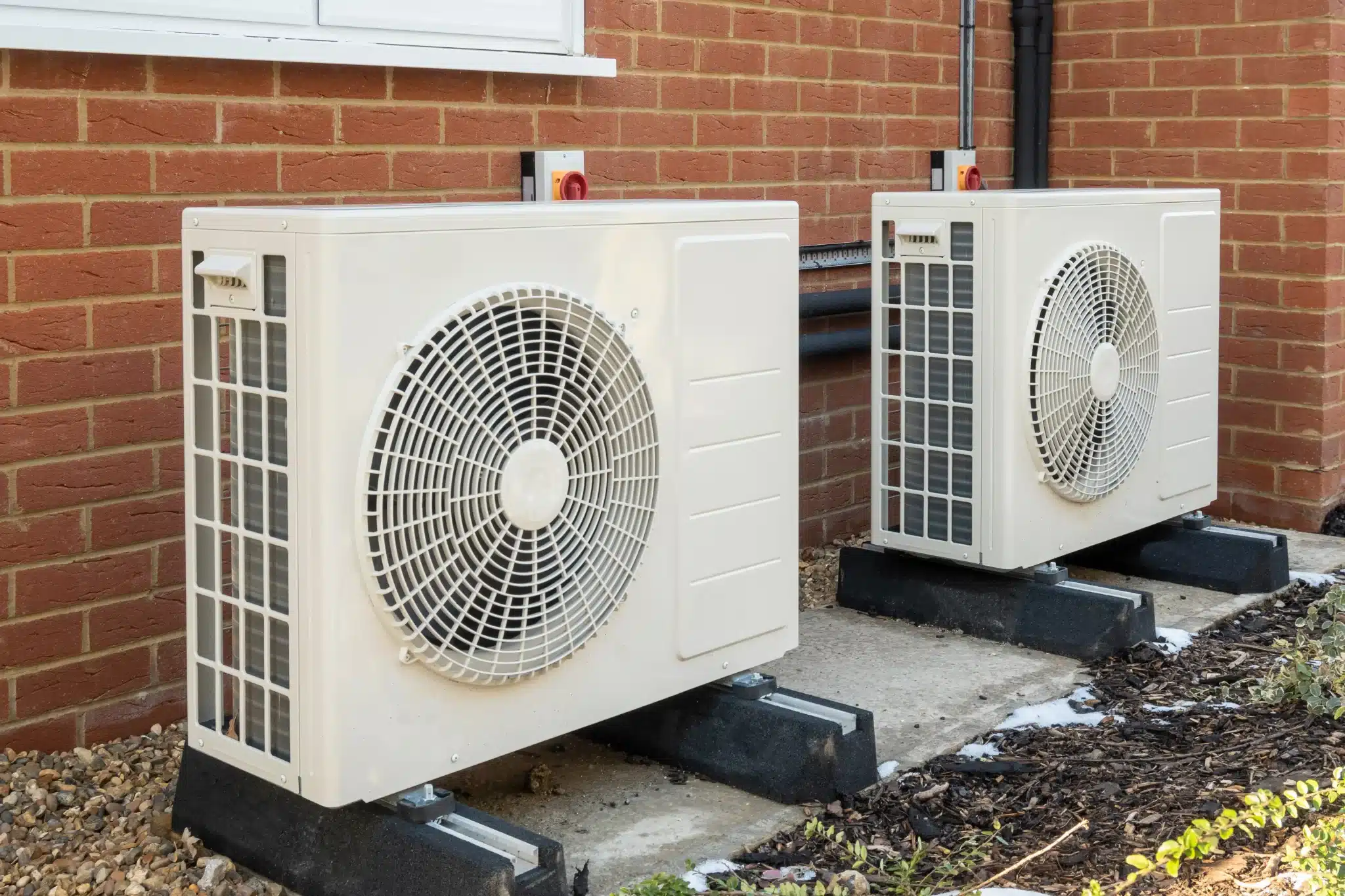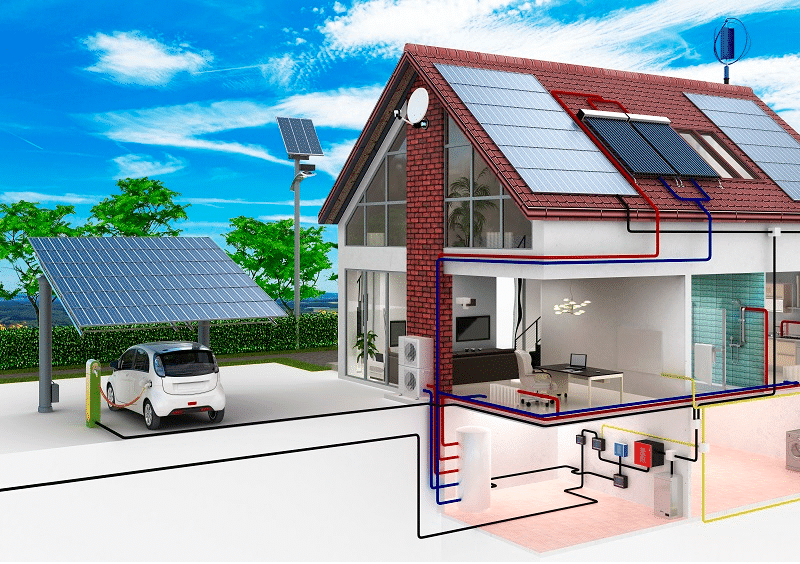Air-to-water heat pumps are becoming a popular choice for homeowners looking to upgrade their heating systems. They offer a blend of efficiency, environmental benefits, and cost savings that make them an attractive option. But like any major investment, it’s important to understand both the advantages and disadvantages. Let’s explore the pros and cons of air-to-water heat pumps to help you decide if they’re the right fit for your home.
Pros of Air-to-Water Heat Pumps
Energy Efficiency
Top-grade air to water heat pumps are renowned for their energy efficiency. They work by extracting heat from the outside air, even when it’s chilly, and transferring it to water that heats your home.
This process is far more efficient than traditional heating methods, as it uses a small amount of electricity to move heat rather than generating it through combustion. As a result, you could see a significant reduction in your energy bills.
Environmental Benefits
One of the major selling points of air-to-water heat pumps is their positive impact on the environment. By relying on ambient air to produce heat, they produce fewer carbon emissions compared to fossil fuel-based systems.
This makes them a great choice for homeowners who want to reduce their carbon footprint and support renewable energy sources. They’re also a key component in many green energy strategies, helping to combat climate change.
Cost Savings
While the initial investment in an air-to-water heat pump can be substantial, it often pays off in the long run. The energy savings you can achieve may offset the installation costs over time.
Additionally, there are often government incentives and rebates available to help reduce the upfront expense. These financial incentives make the investment in a heat pump more appealing and financially viable for many homeowners.
Improved Home Comfort
Air-to-water heat pumps offer consistent and reliable heating, ensuring your home remains comfortable throughout the year. They’re designed to maintain a steady indoor temperature, which can be particularly beneficial during the colder months. Many systems also include a dehumidification feature that improves indoor air quality by reducing excess moisture, further enhancing home comfort.
Cons of Air-to-Water Heat Pumps
High Initial Cost
One of the main drawbacks of air-to-water heat pumps is their high initial cost. The purchase price, combined with the cost of installation, can be quite steep.
This can be a significant barrier for some homeowners, especially when compared to the lower upfront costs of traditional heating systems. However, it’s important to weigh this against the long-term savings and potential incentives available.
Performance in Extreme Temperatures
Air-to-water heat pumps can struggle to maintain efficiency in very cold climates. As the outside temperature drops, the system has to work harder to extract heat from the air, which can reduce its efficiency. In some cases, this may necessitate a supplementary heating source to ensure your home stays warm during extreme cold spells.
Noise Levels
Another consideration is the noise produced by the outdoor unit of an air-to-water heat pump. While modern systems are designed to operate quietly, there can still be some noise associated with the compressor and fan. This noise might be noticeable, particularly if the unit is installed close to living spaces or bedrooms.
Space Requirements
Air-to-water heat pumps require space for both the indoor and outdoor units. The outdoor unit, in particular, needs to be positioned in a location where it has adequate airflow and is protected from the elements. This can sometimes be challenging in homes with limited outdoor space or specific aesthetic preferences.
Complex Installation
The installation of an air-to-water heat pump can be complex and disruptive. It typically requires professional installation to ensure that the system is set up correctly and functions efficiently. This complexity can lead to additional costs and potential disruption during the installation process.
Beneficial Features You Want with an Air to Water Heat Pump
High Energy Efficiency
Many people want to add an air to water heat pump because they’ve heard great things about energy efficiency. But, what you have to realise is that every model and brand is different. Some are better than others. Indeed, you want to make sure you’re getting a highly energy-efficient model.
This is going to have many benefits for you, including keeping your energy bills down. It can be just what you need right now as prices are going up without any end in sight.
A Compact Design
You don’t want your air to water heat pump taking up a lot of space. Thankfully, there are some designs that are compact and won’t do this. But, you’ll have to find them. For instance, there are some that are designed like towers and won’t take up a lot of space.
Then, there are longer designs that might be better for your home. Browse and choose a compact design that you like, and that’s going to be a good addition to your home. It’s always beneficial to measure the space you have, and taking note of the height, width and depth of the air to water heat pump.
Low Noise Levels
The last thing you want is to buy a new air to water heat pump and for it to be noisy. This can be disturbing for your home, which is supposed to be a place for peace and quiet.
So, when you’re shopping for an air to water heat pump, you should look at the noise levels. Indeed, you want to choose one that’s as low as it can be. Generally, models with 54 dB are preferable and will make sure you’re not being interrupted in your own house.
Conclusion
Air-to-water heat pumps offer a range of benefits, including energy efficiency, environmental friendliness, and long-term cost savings. However, they also come with some drawbacks, such as high initial costs and performance issues in extreme temperatures.
By carefully weighing these pros and cons, you can make an informed decision about whether an air-to-water heat pump is the right choice for your home.



